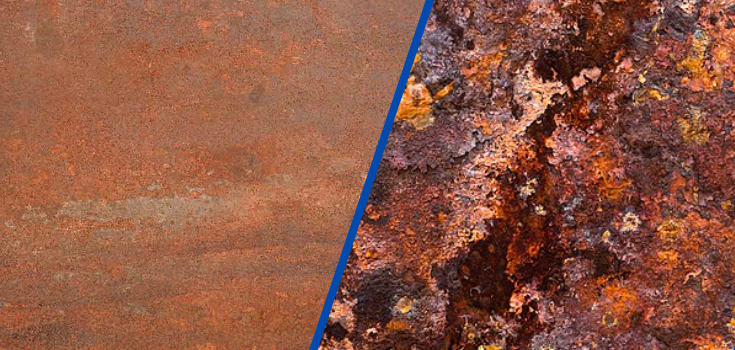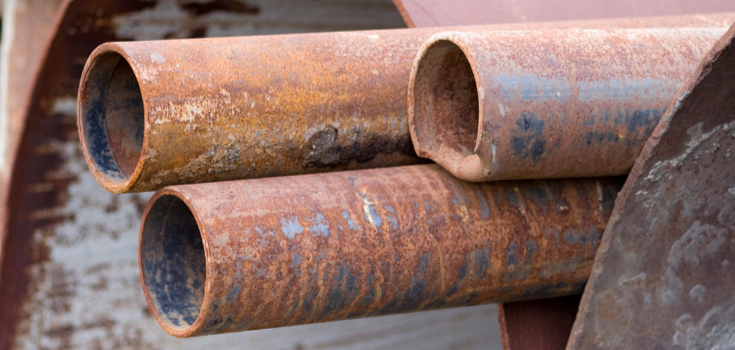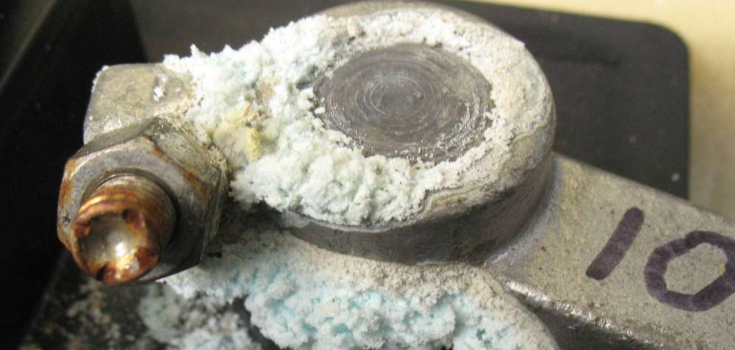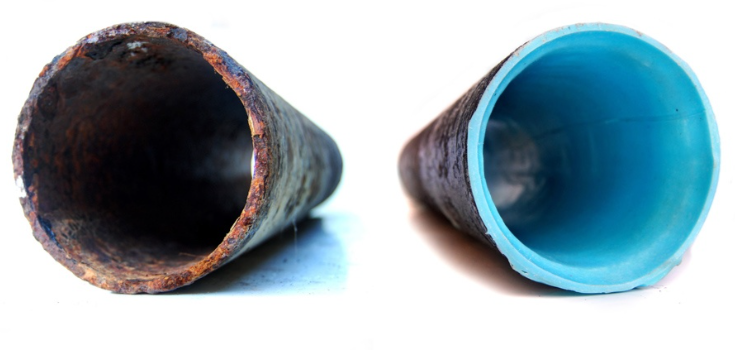When you work with metal, you want to know how it holds up over time. One question that comes up a lot is: Does lead rust? You’ve probably seen rust on iron or steel, but lead behaves differently, and it’s important to know what to expect.
In this blog, you’ll find out that while lead doesn’t rust like iron, it can still corrode. So, let’s start.
Does Lead Rust or Corrode?
Lead does not rust; it breaks down in a different way. It forms a thin layer on the surface called lead oxide or lead carbonate. This layer protects the lead and slows down further corrosion. So even though lead can corrode, it doesn’t keep rusting like iron does.
Lead Corrosion vs. Lead Rusting

Corrosion means a material slowly breaks down because of a chemical reaction with its environment; we also call it oxidation. For lead, this means new lead compounds form on the surface when it’s exposed to air, moisture, or other things around it.
Rust is what happens when iron reacts with oxygen and water. It forms a reddish-brown flaky layer. That layer eats away at the metal underneath and spreads if you don’t take care of it. But here’s the thing, only iron and steel rust.
People often mix up the terms as other metals corrode, but it’s not called rust.
How Rusting Lead Looks Like

As mentioned earlier, lead doesn’t rust like iron, but it does corrode. When that happens, here are some of the visual changes you can see:
Cor: The shiny, bluish-white surface fades and turns dull gray, white, or off-white over time.
Texture: The surface gets rough. It can feel powdery or crusty as the corrosion builds up.
Pattern: Corrosion might spread evenly across the whole surface or show up in patterns, depending on how the lead is exposed.
Effects of Lead Rusting
Aside from the visual changes when lead corrodes, you’ll also notice changes in how strong it is. Over time, this can make the lead weaker and easier to break. If you’re using lead in things like pipes or batteries, corrosion can lower how well they work and even cause leaks.
It also puts your health at risk if the lead gets into the drinking water. Corroded lead can harm the environment too, by spreading into soil and water. You might end up spending more money to fix damage or replace parts if corrosion isn’t controlled.
How Does Lead Corrode?
Lead can corrode due to different environmental factors and chemical reactions, such as the following:
Oxygen Exposure: When lead reacts with oxygen, it forms a thin layer of lead oxide. This layer can help protect the lead and slow down the corrosion process.
CO2 and Humidity: When lead is exposed to moisture and carbon dioxide, it can form lead carbonate, also called cerussite.
Sulfur Compounds: Lead reacts with sulfur compounds, which are often found in polluted air, to form lead sulfate.
Chloride Ions: In places near oceans, chloride ions from saltwater can cause lead to form lead chloride.
Acidic Conditions: Acid rain, which contains sulfuric and nitric acids, can cause lead to corrode quickly.
Types of Lead Corrosion
Lead corrosion can appear in different forms, and these are the following:
White Lead Corrosion

This type of corrosion creates a powdery or crusty white layer on the lead. It happens when lead is exposed to dióxido de carbono e sulfur compounds, often in polluted areas. This leads to the formation of white lead compounds like lead carbonate and lead sulfate.
Red Lead Corrosion
Red lead corrosion is less common. It creates a red lead oxide (Pb3O4) layer. This type of corrosion usually happens in high temperatures or special chemical conditions that cause red oxides to form.
Lead Rusting and Corrosion in Water Treatment
To prevent lead corrosion, you can use these methods:
Corrosion Control
Keep the water’s pH level neutral or slightly alkaline to reduce corrosion in lead pipes and fittings. Add corrosion inhibitors to the water to create protective coatings on the lead surfaces and stop further corrosion.
Revestimentos de proteção

Coat the inside of lead water pipes with epoxy to keep the lead from touching water directly. This helps reduce corrosion and prevents lead from leaching into the water. Coat the outside of lead pipes with protective materials to limit the environment’s contact with the pipes, reducing corrosion.
Corrosion Control Devices
Use cathodic protection systems to protect lead pipes by applying low-voltage electrical currents to stop corrosion.
Regular Maintenance
Regularly clean lead parts with soft tools to remove dirt and corrosive buildup. Fix leaks, cracks, or damaged parts immediately to slow down corrosion and prevent contamination.
Conclusão
Lead is a metal that can corrode easily when exposed to certain conditions. Unlike metals like copper, tungsten, gold, and titanium, lead doesn’t rust easily. Now that you know this, it’s important to take the right steps to protect lead from corrosion.
FAQs
Does lead rust in water?
Lead doesn’t rust in water, but it can corrode. The amount of corrosion depends on the water’s pH, hardness, and the gases and ions in it, like chlorides and sulfates.
Does lead pipe rust?
Lead pipes don’t rust like iron and steel pipes do. Rust is linked to iron, but lead pipes can still corrode.
Does lead rust in salt water?
Lead doesn’t rust in salt water, but it can corrode faster. The salt speeds up the corrosion process for lead and other metals.
Does lead tarnish?
Yes, lead can tarnish. Tarnishing happens when lead reacts with the air, causing discoloration on its surface.
